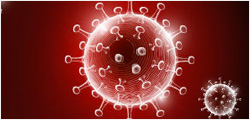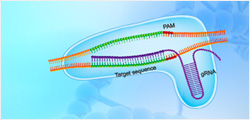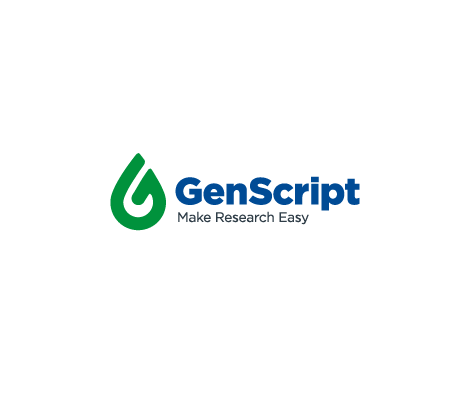GDF15 hFc Chimera, Cynomolgus
Growth and differentiation factor 15 (GDF15) is an inflammation-associated hormone with poorly defined biology. Here, we investigated the role of GDF15 in bacterial and viral infections. Inflammation induced GDF15, and that GDF15 was necessary for surviving both bacterial and viral infections, as well as sepsis. The protective effects of GDF15 were largely independent of pathogen control or the magnitude of inflammatory response, suggesting a role in disease tolerance.
| ¥3500 | |
| Z04800-100 | |
|
|
|
|
|
|
|
|
|



































